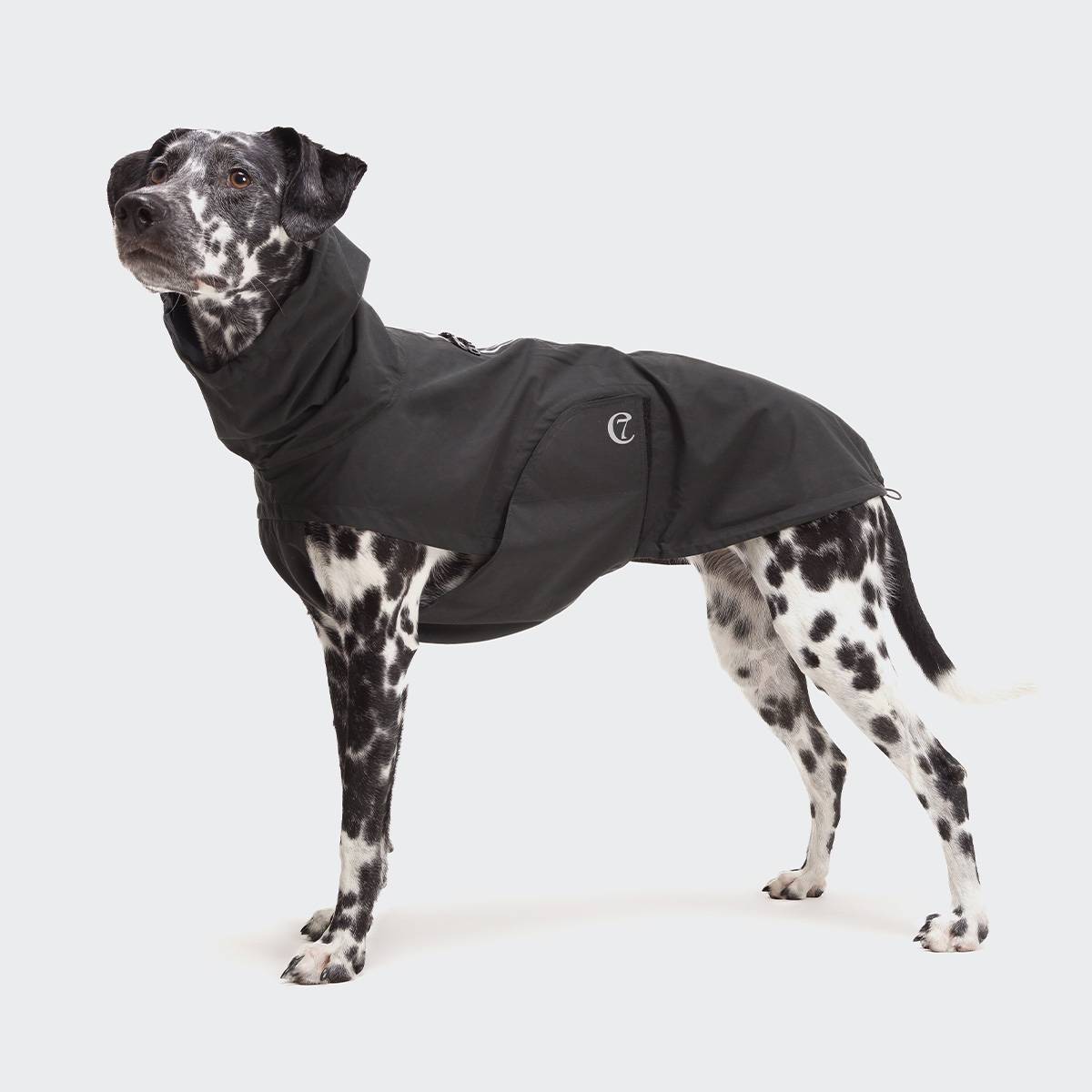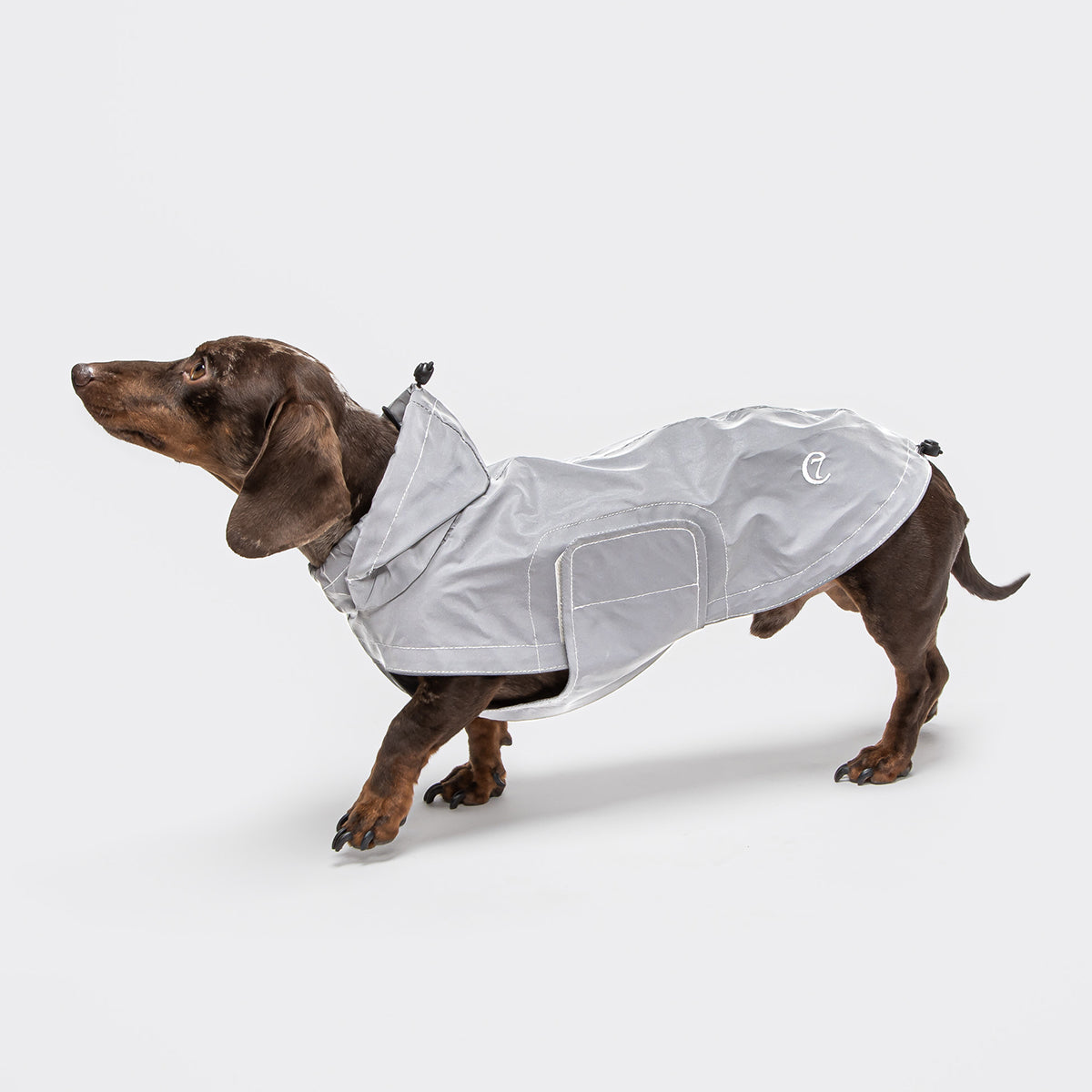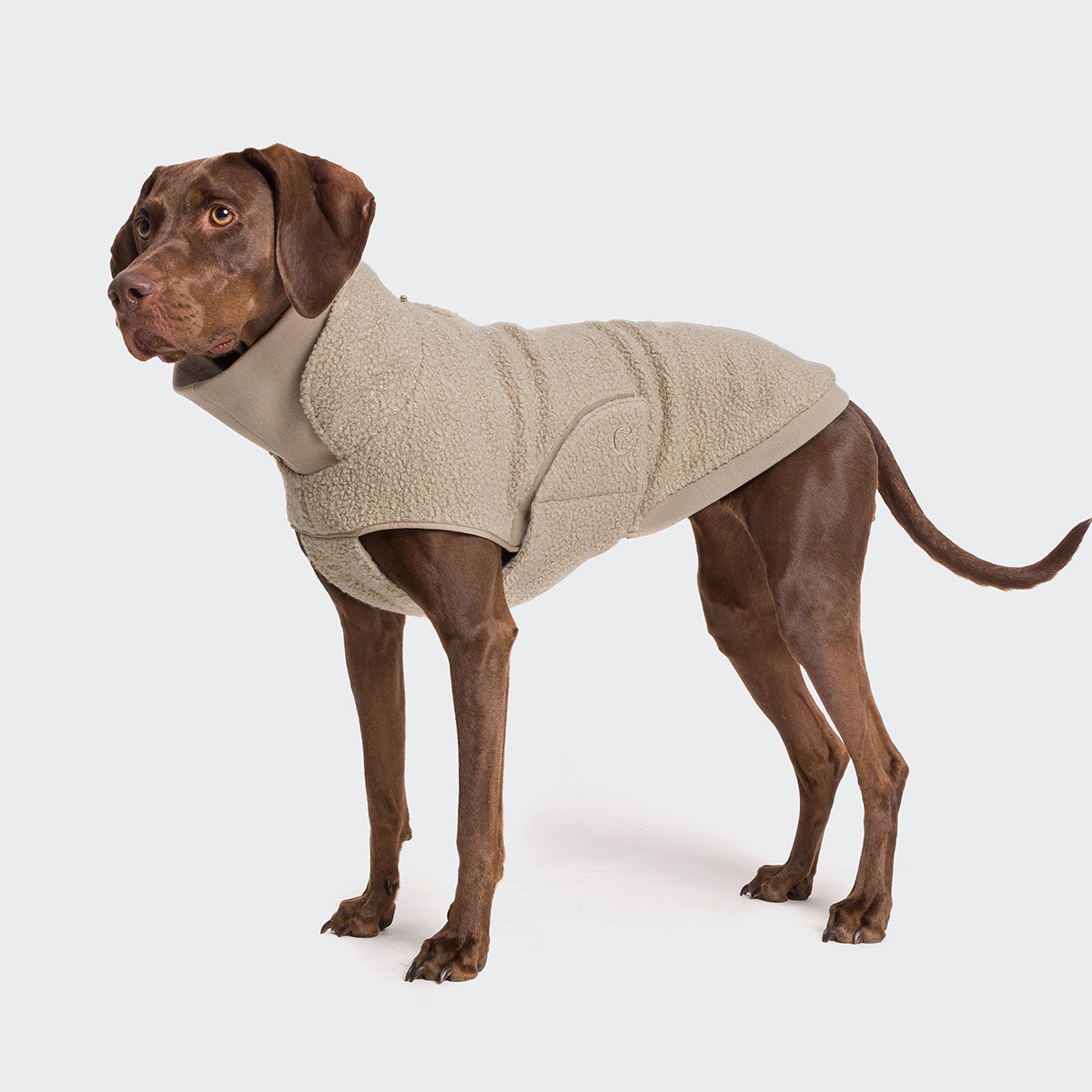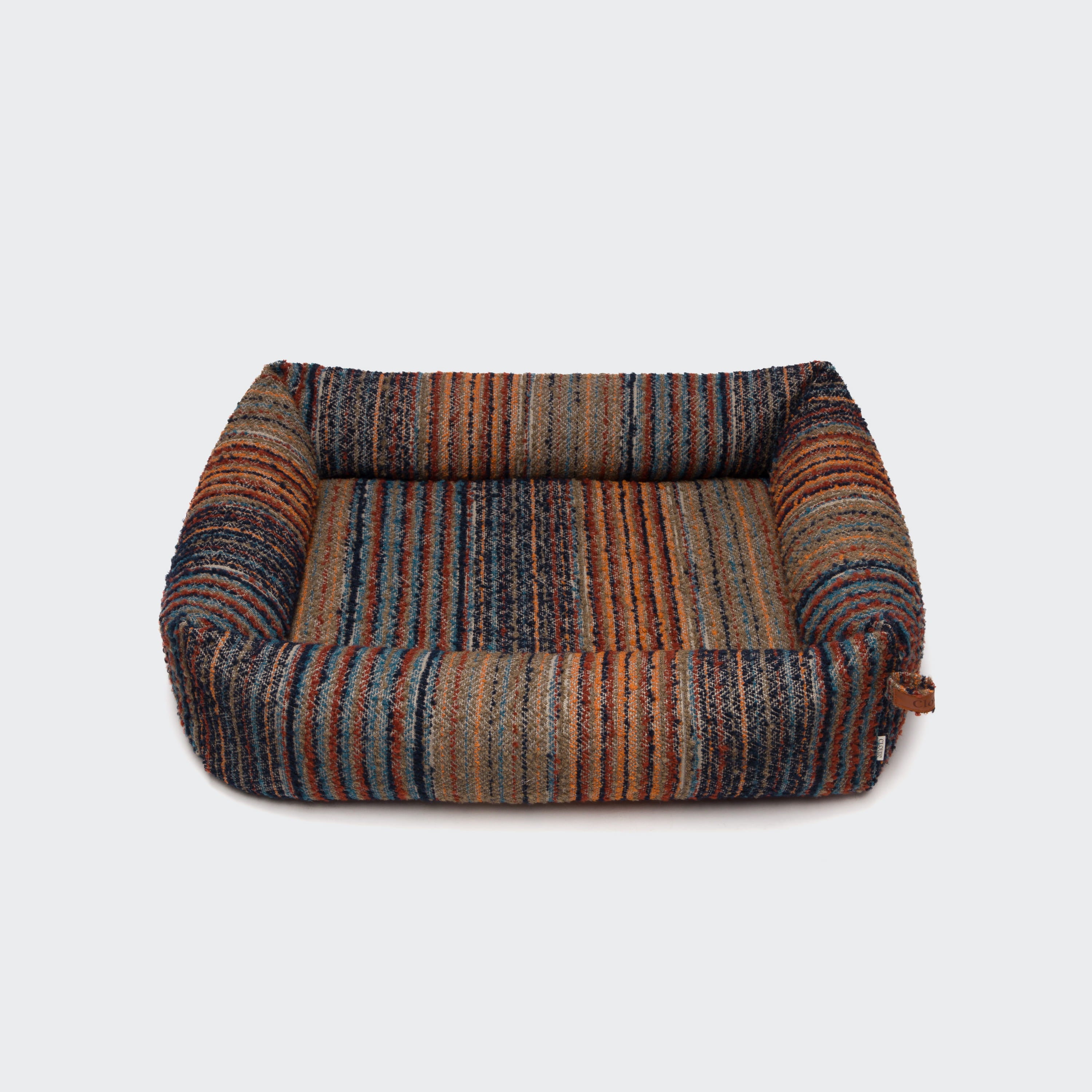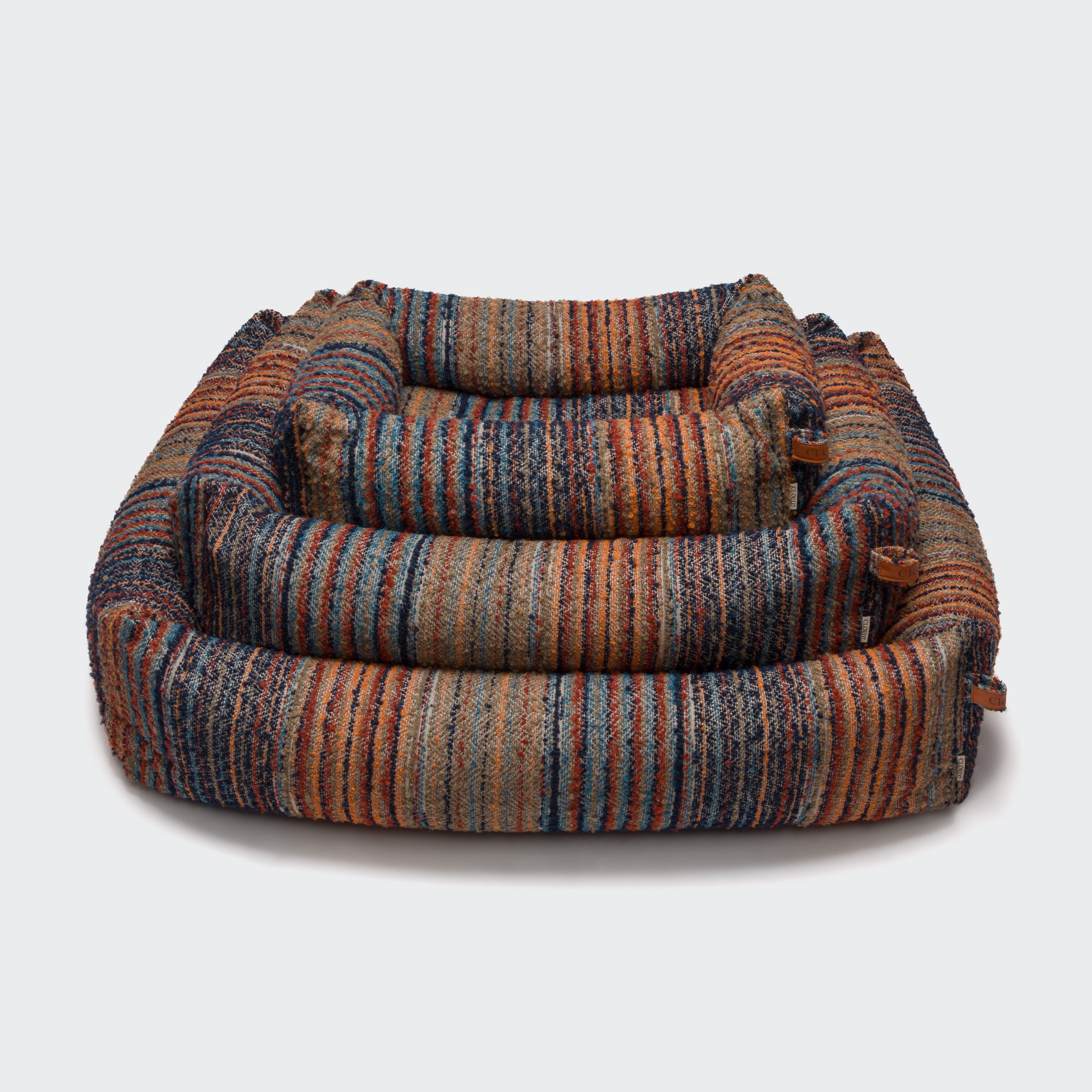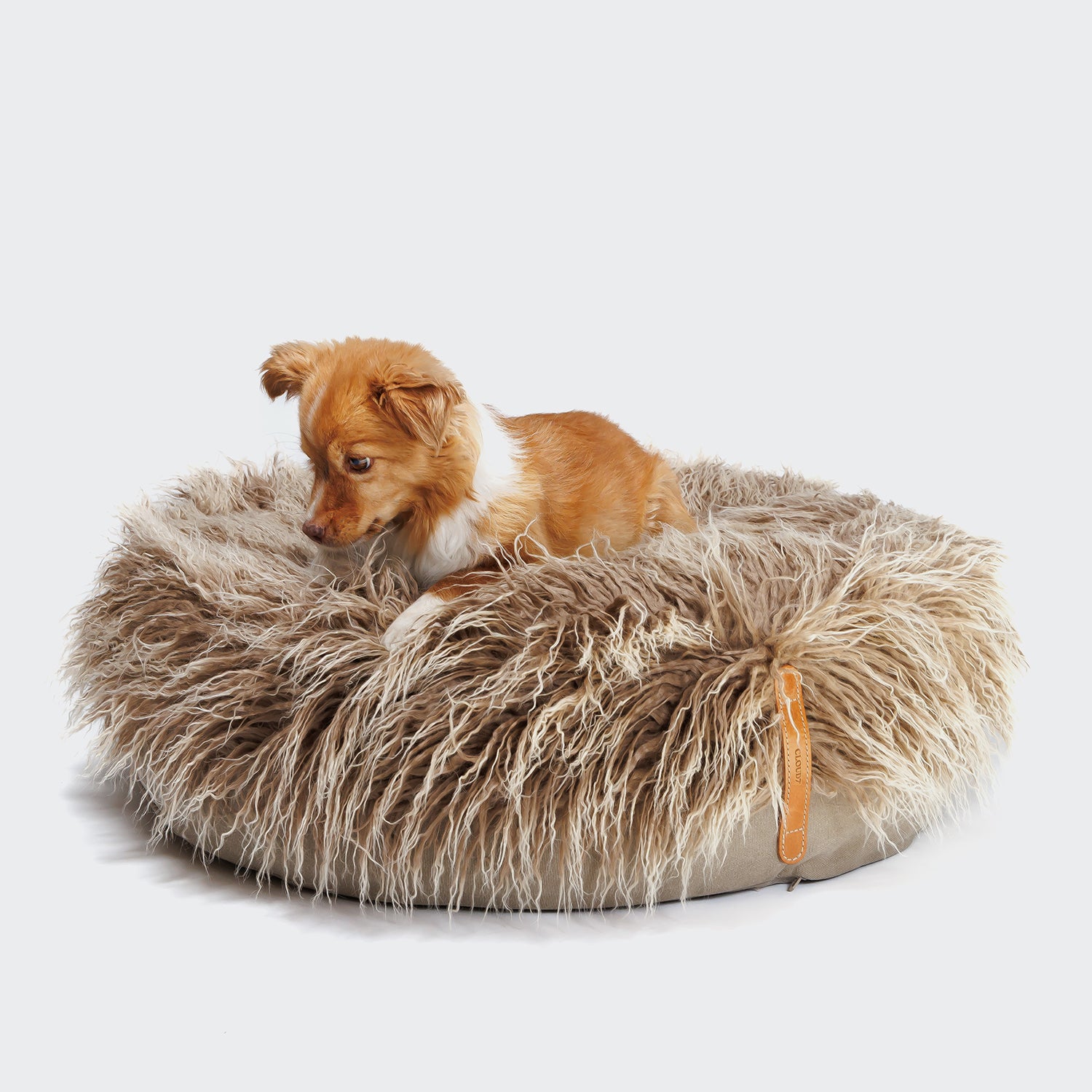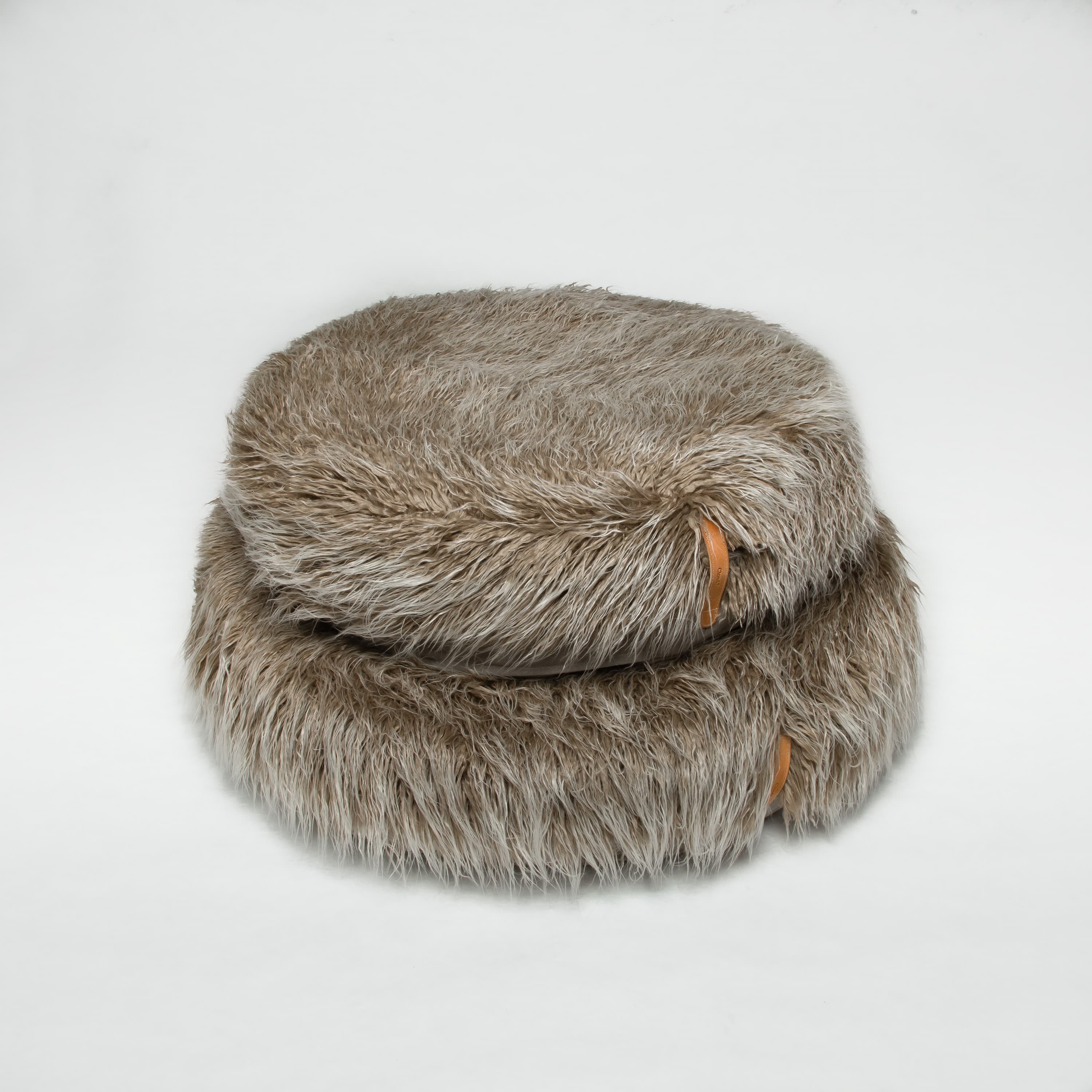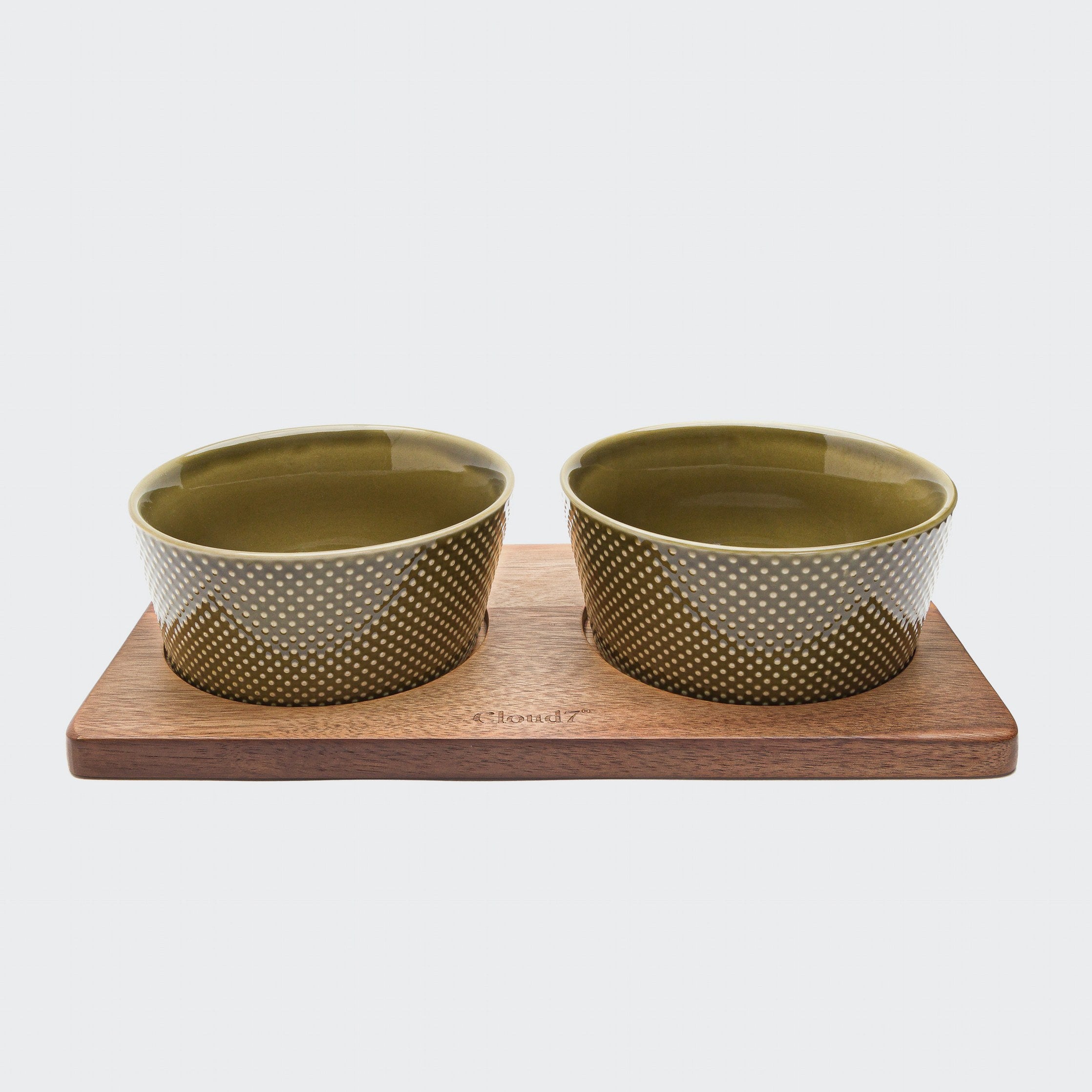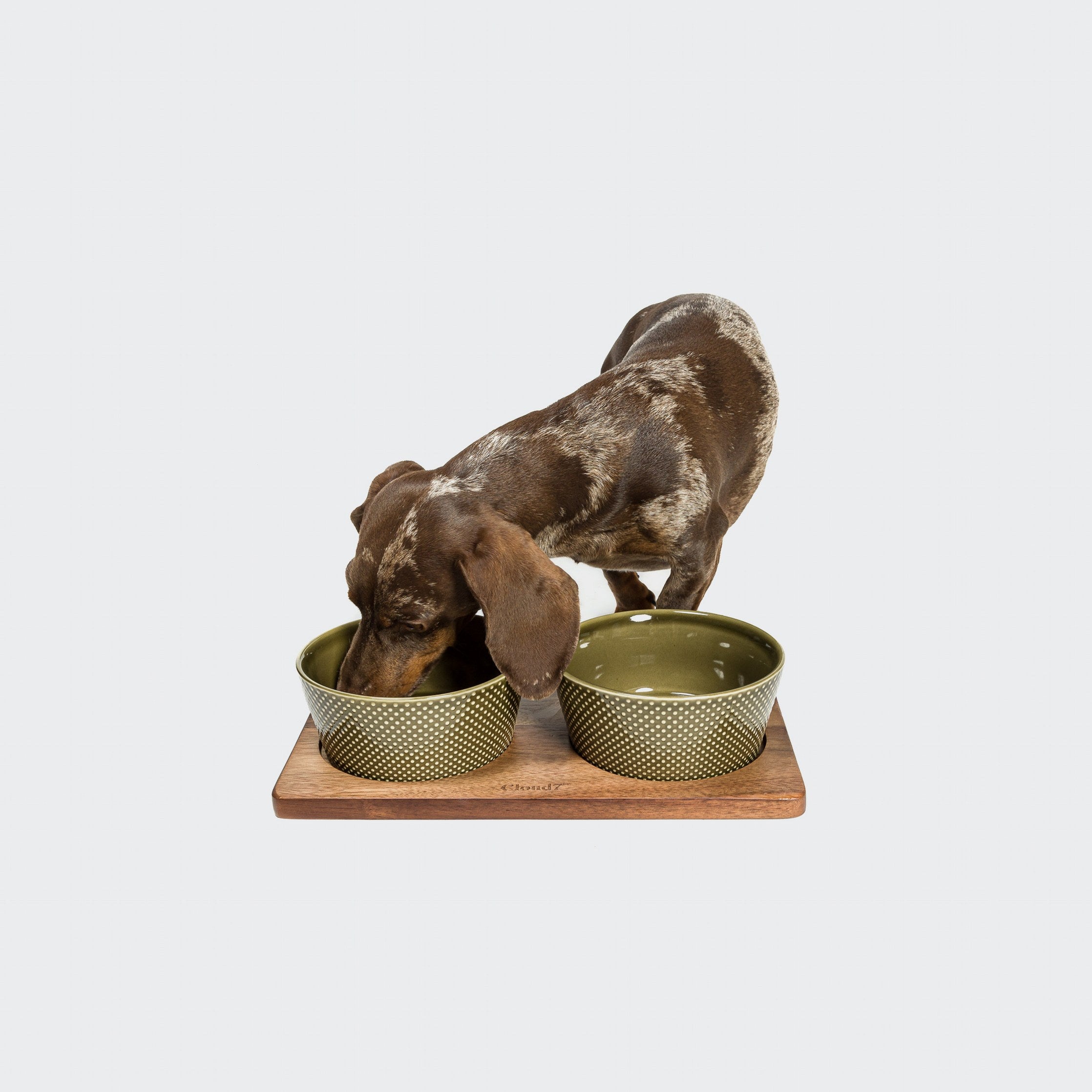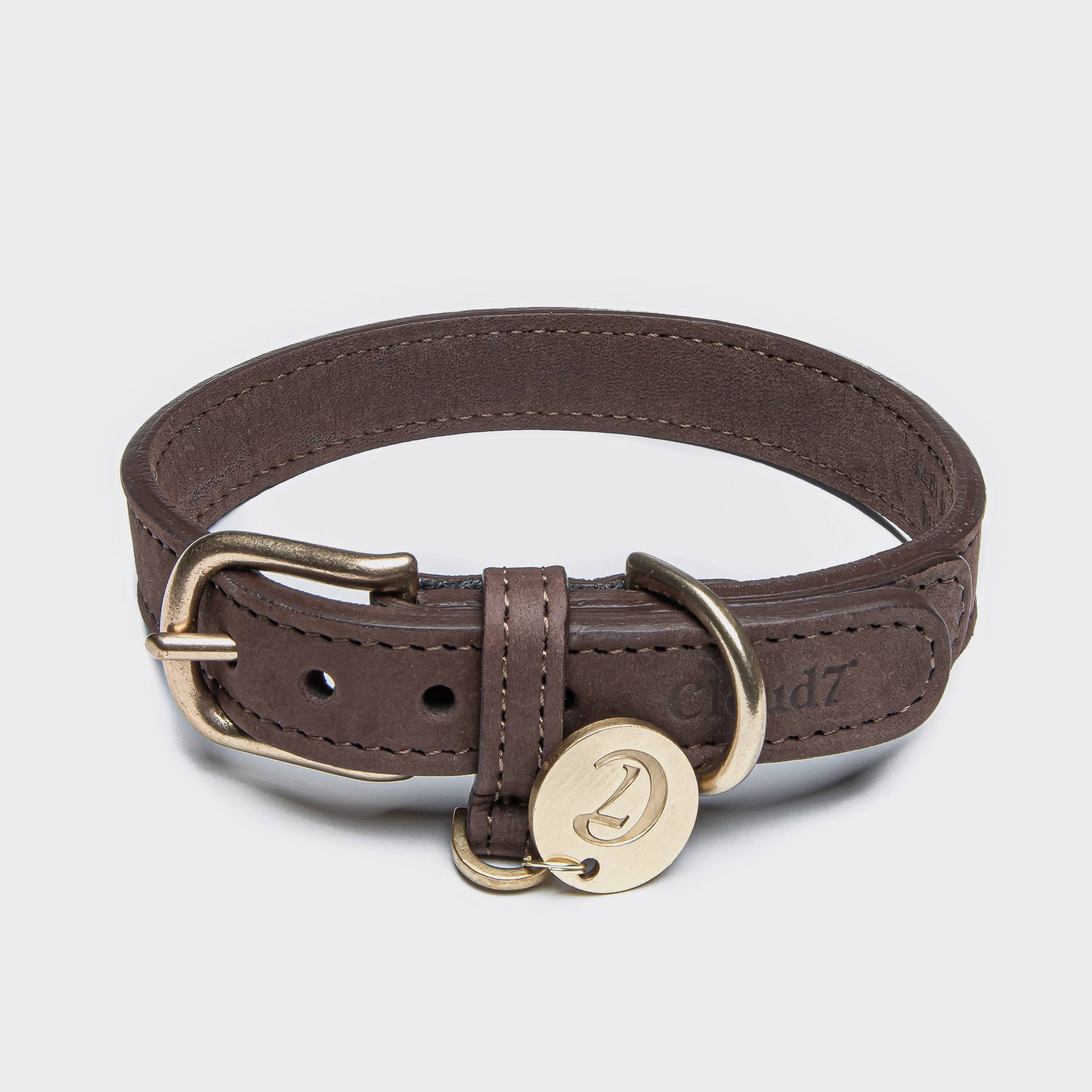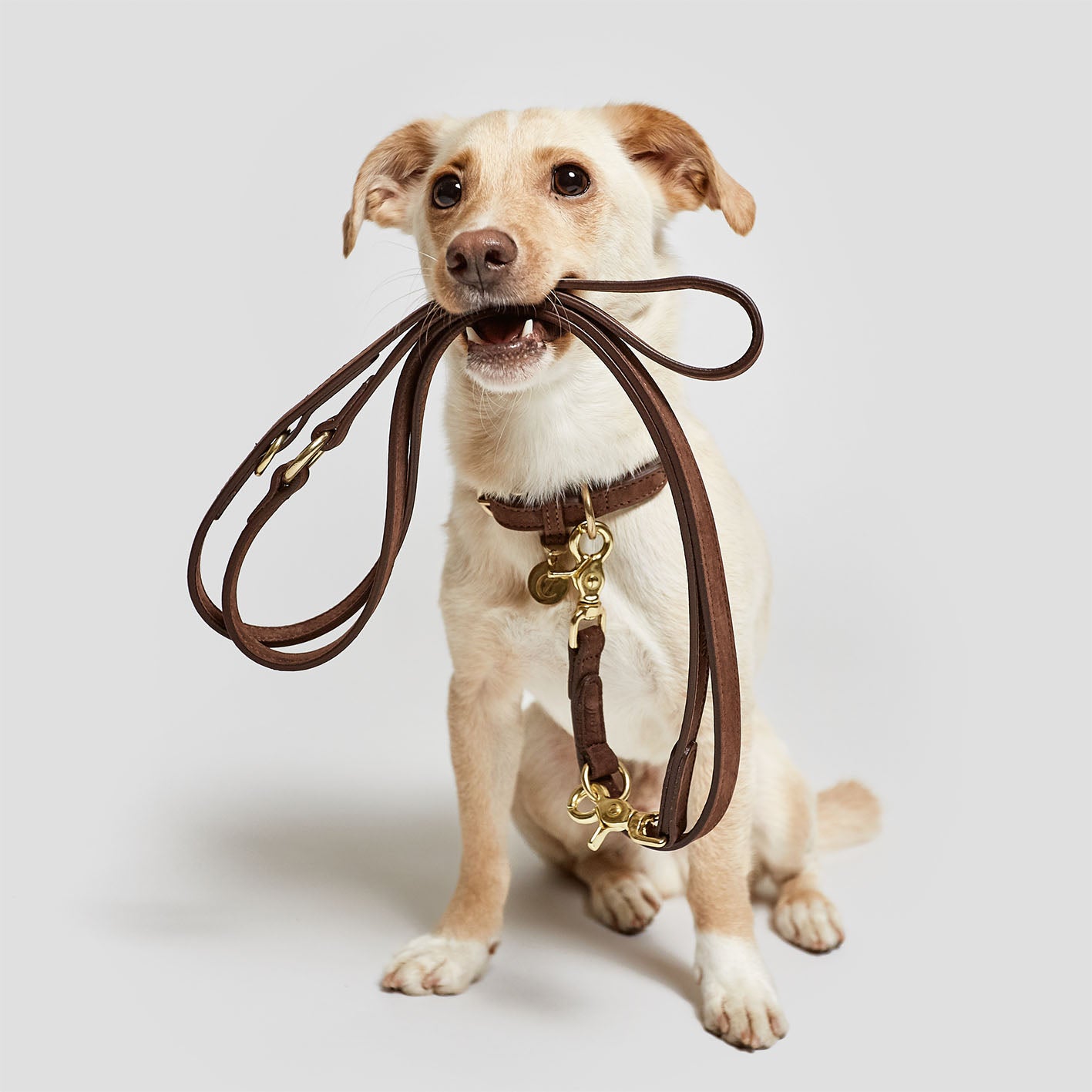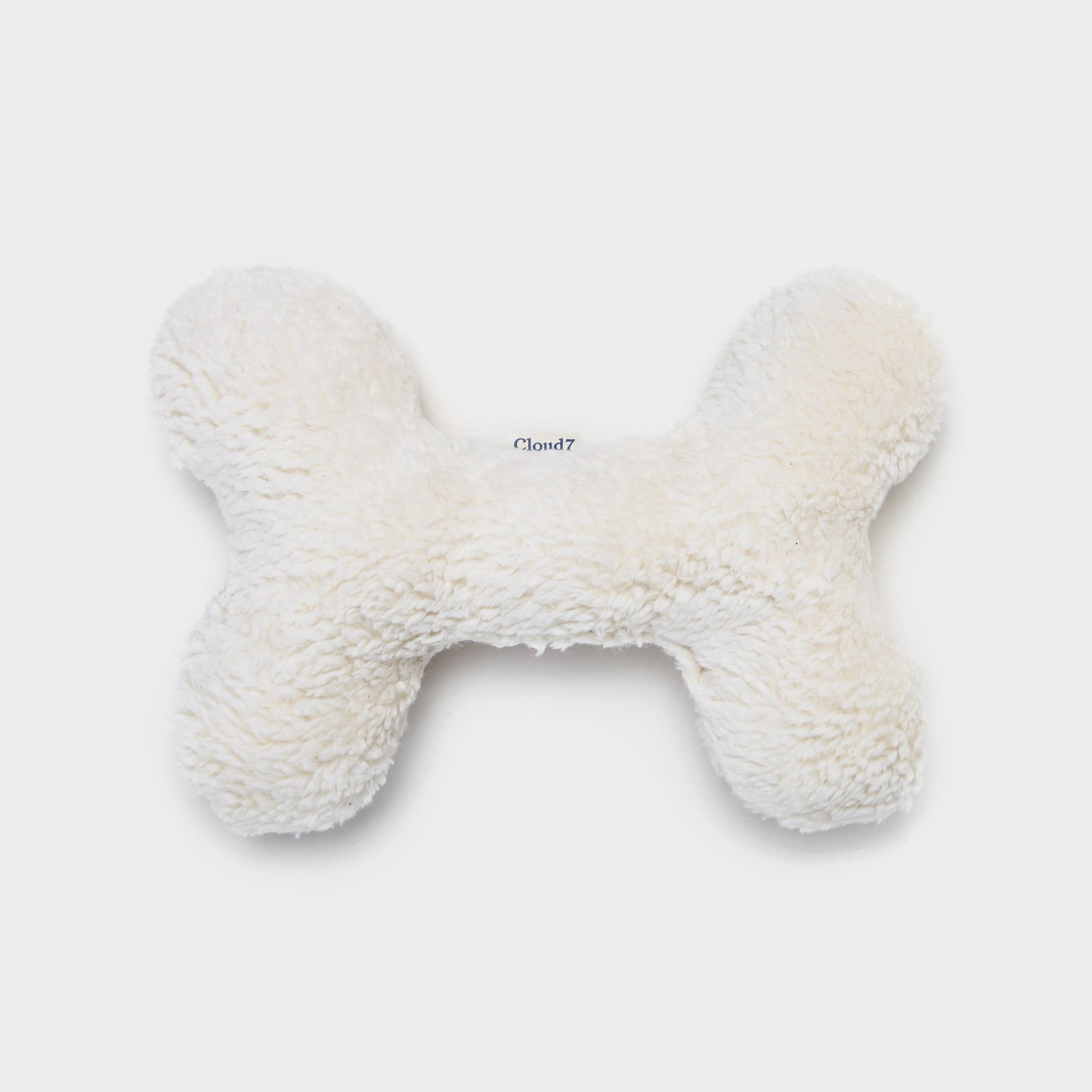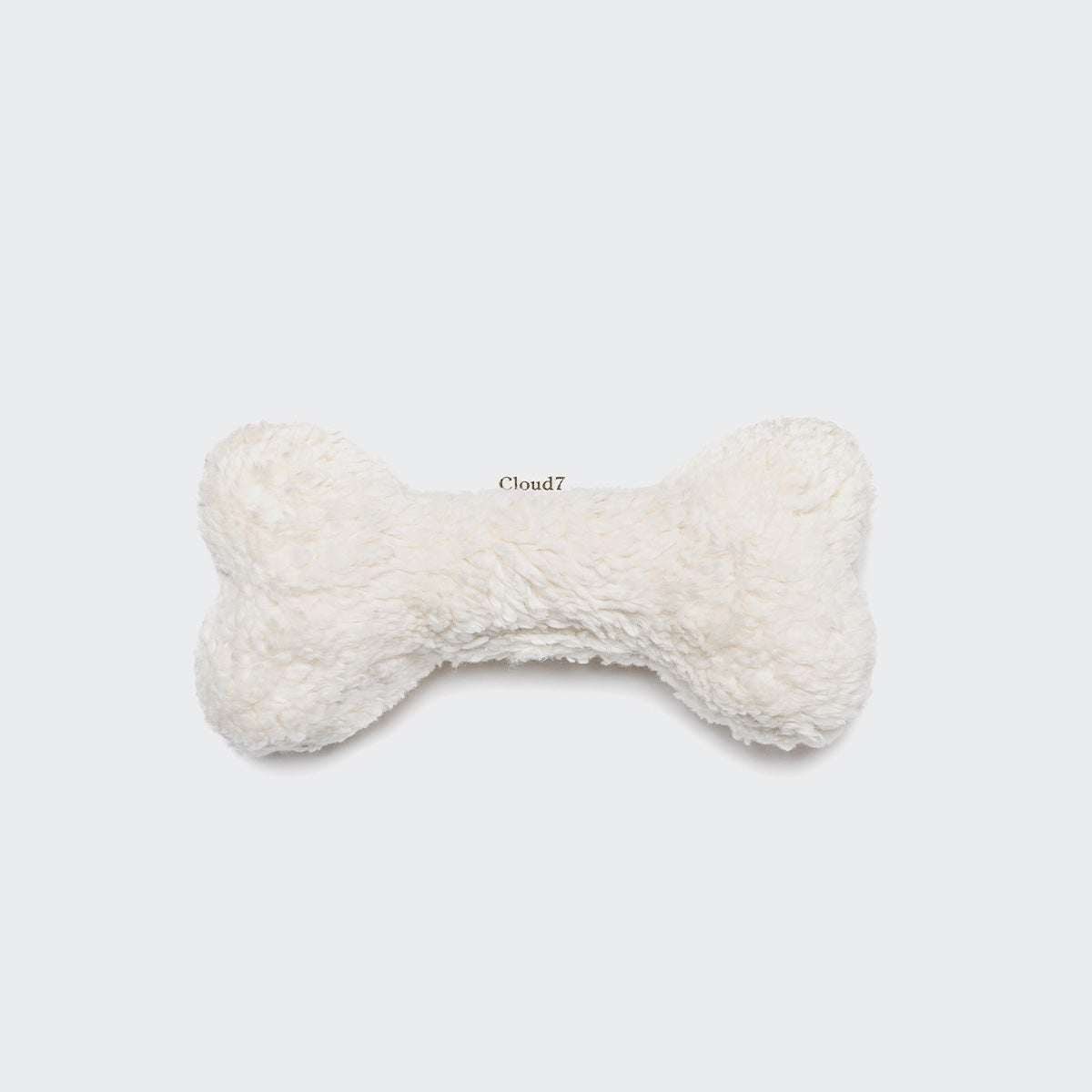CLOUD7 COAT FINDER
THE PERFECT FIT
Not all dogs are equipped for the harsh cold winter only with their own skin and fur. With all the available options for dogs of every shape, it can be very overwhelming to choose which dog coat your dog will need for which weather. Here are the available options for your dog depending on coat type.
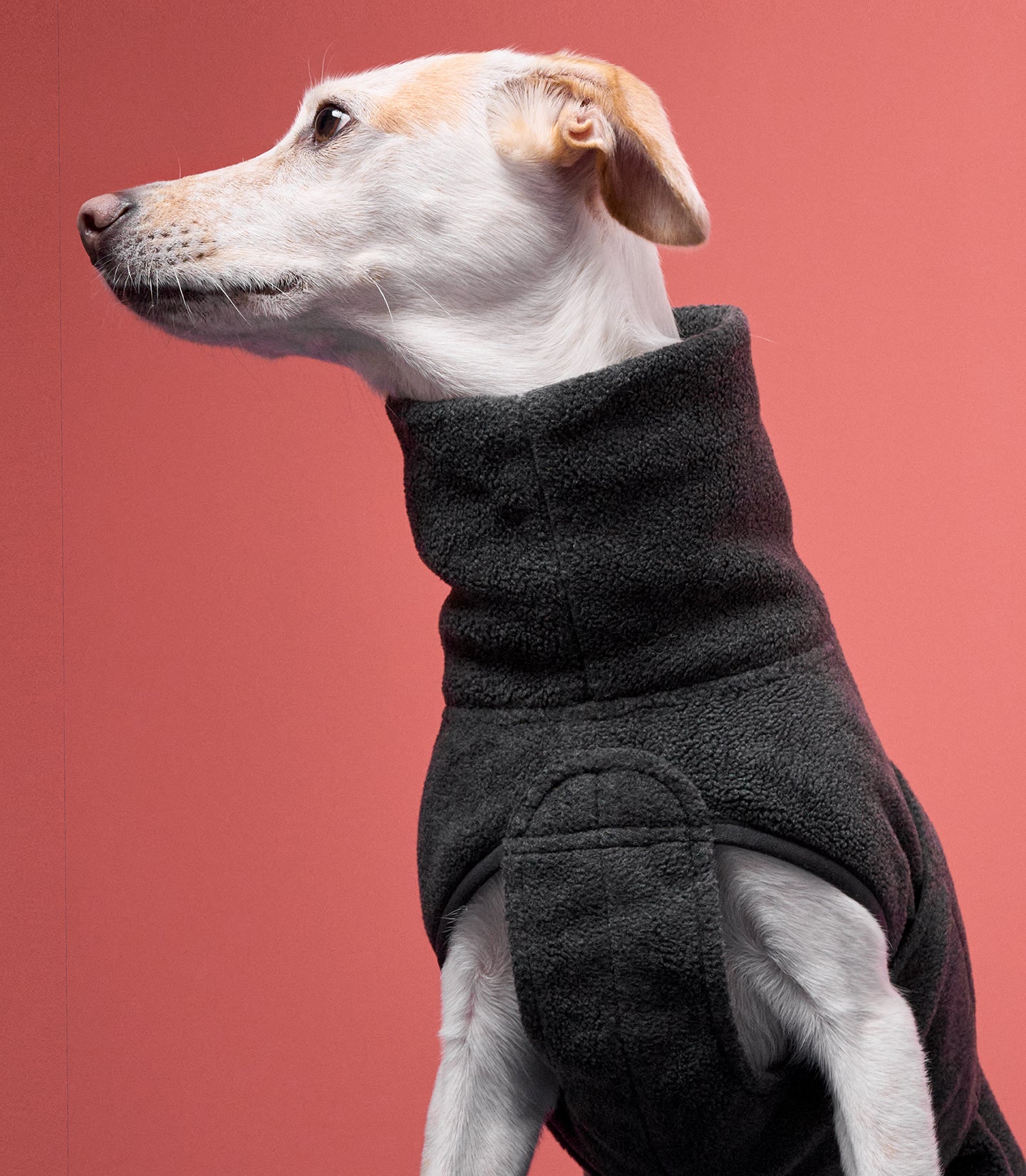
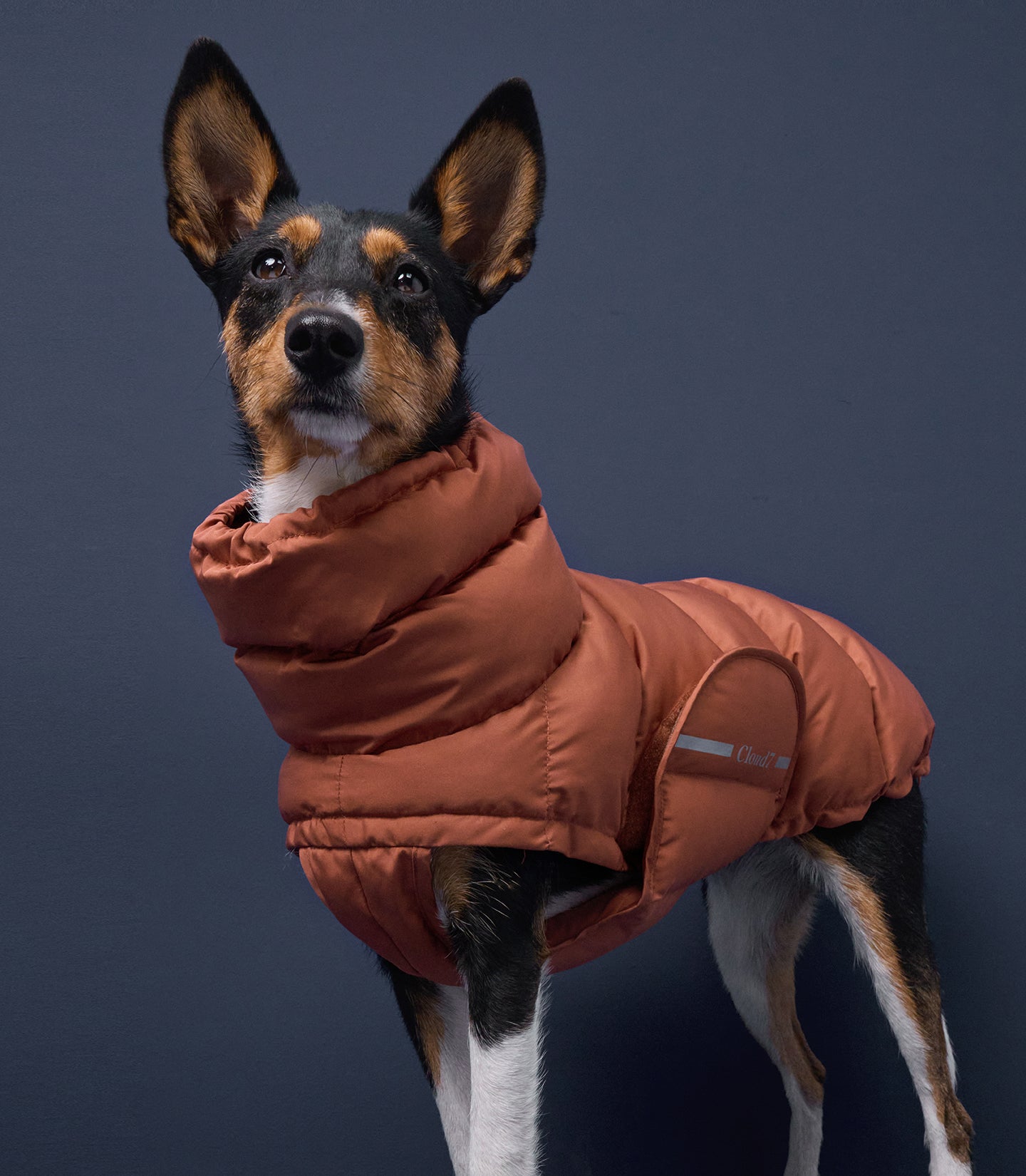
Many argue and believe in the myth that dogs do not need to be protected through a dog coat, especially in cold temperatures. A well-fitted dog coat helps prevent diseases and relieves discomfort through adding a layer of protection for the vital organs. Especially in winter, it is very important to retain body warmth not only during daily activities but also after high intensity activities such as a run, therefore a dog of any age and coat types will benefit greatly from wearing a functional dog clothing.
Dogs should wear raincoats under certain weather conditions to protect their health and well-being. Firstly, raincoats provide protection against moisture, which is particularly important in cold months to prevent hypothermia. A drenched fur can drastically lower a dog’s body temperature and lead to illnesses. Secondly, raincoats also shield against dirt and mud, which can cause skin irritations. This is especially important for dogs with sensitive skin or allergies. Thirdly, raincoats can help dogs stay active during rainy weather, as they are not hindered by wetness or cold. This promotes their mental and physical health. In summary, dogs wear raincoats to be shielded from the adverse effects of rain, cold, and dirt, ultimately leading to a happier and healthier dog.
Especially dogs who are native to warmer climates, dogs with minimal undercoat, young puppies, and senior dogs who are generally more prone to shiver as soon as the temperatures drops to low or negative degrees, need additional protection. Examples include Chihuahuas, Greyhounds, Miniature Pinschers, Shi Tzus, Maltese, Rhodesian Ridgebacks, and Magyar Vizslas amongst others. However, this doesn’t exclude dogs who possess some undercoat such as the Labrador Retriever, Miniature Poodles, Jack Russell Terrier, and Cocker Spaniels amongst others.
FOR DOGS WHO HAVE LITTLE UNDERCOAT OR ARE SINGLE COATED
FOR DOGS WHO HAVE LITTLE UNDERCOAT OR ARE SINGLE COATED (MAGYAR VIZSLAS, DALMATIANS, WEIMARANERS, GERMAN POINTERS, DACHSHUNDS, PINCHERS AND POODLES)
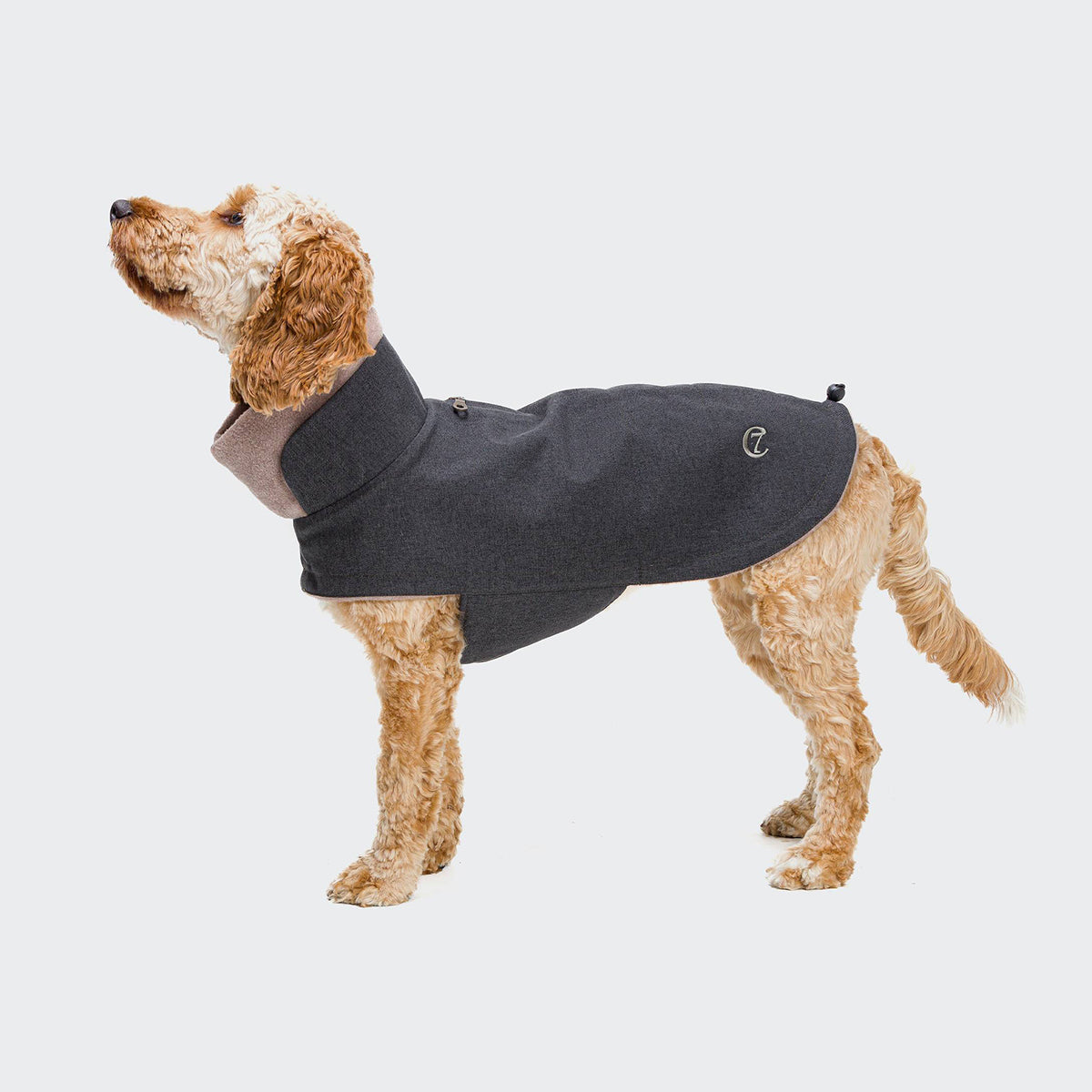
BROOKLYN GRAPHITE
Thanks to its particularly durable outer fabric, this version is even more water-repellent than the flannel Brooklyn coats. Suitable for mild to cold temperatures.
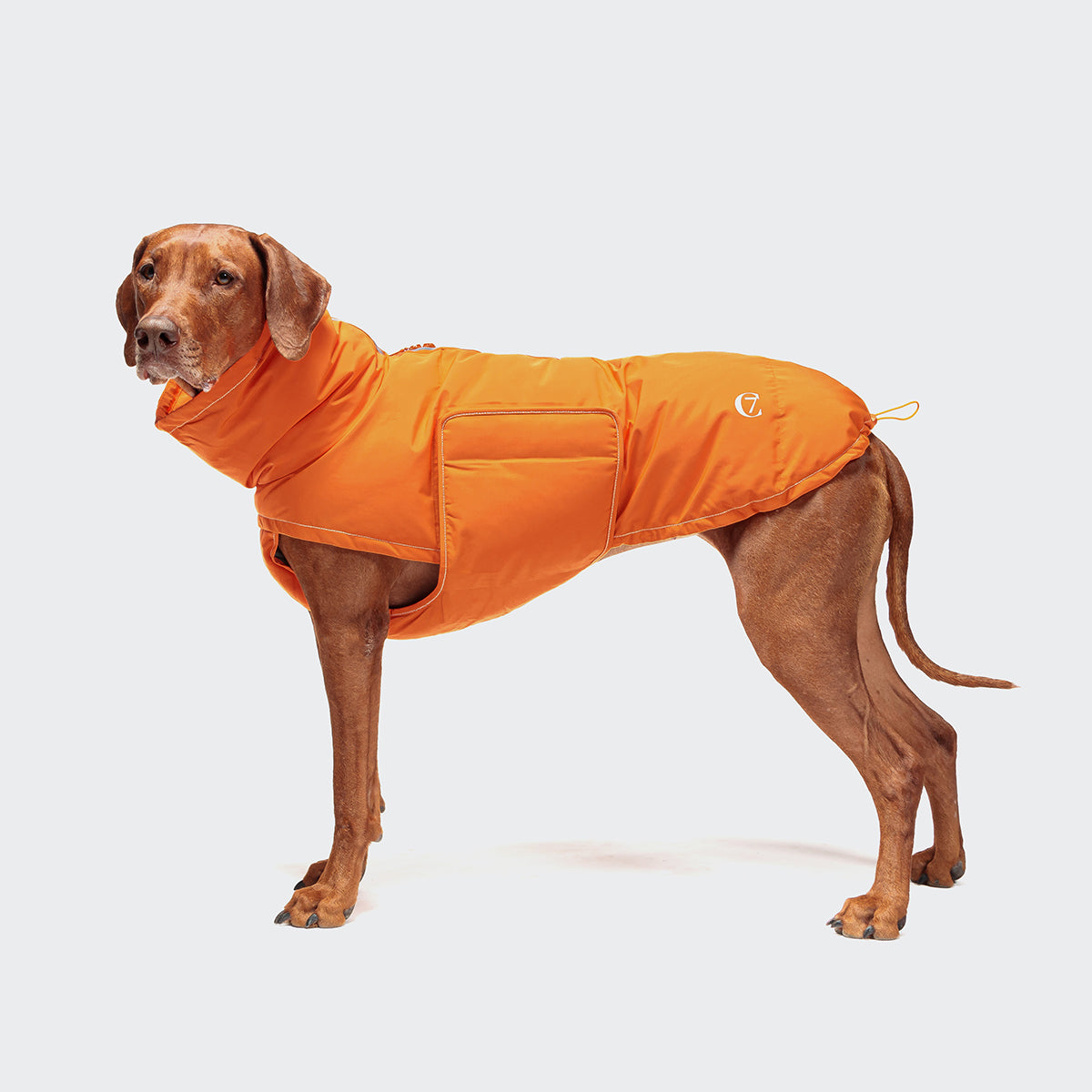
YUKON
Made with materials from the workwear industry. Very durable and great for adventurous walks throughout the woods. Suitable for cold to extreme temperatures.
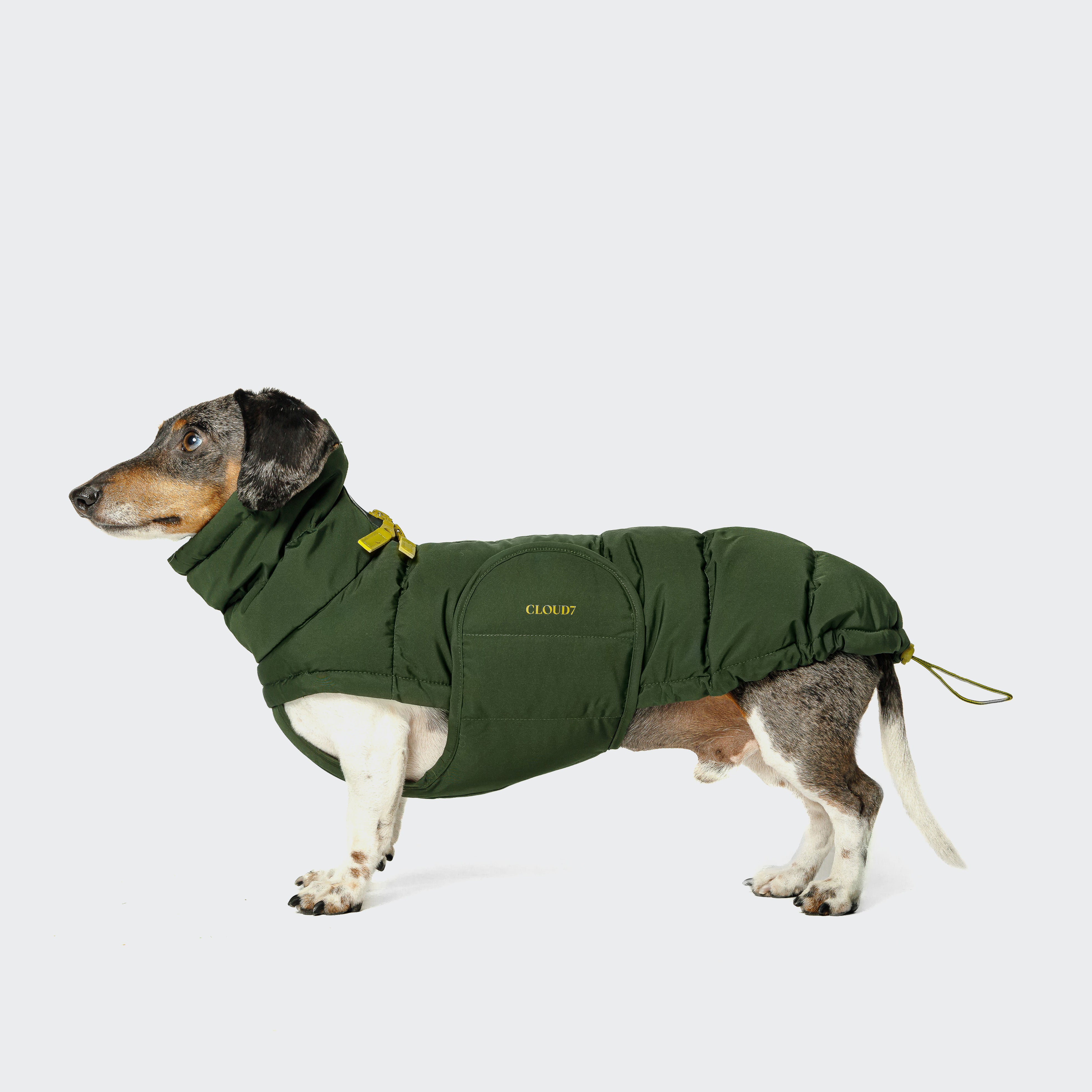
ECO BUFFER ALASKA
Made from 100% vegan recycled PET plastic to mimic the warmth of down feathers. Great for less adventurous walks throughout the city. Suitable for cold to extreme temperatures.
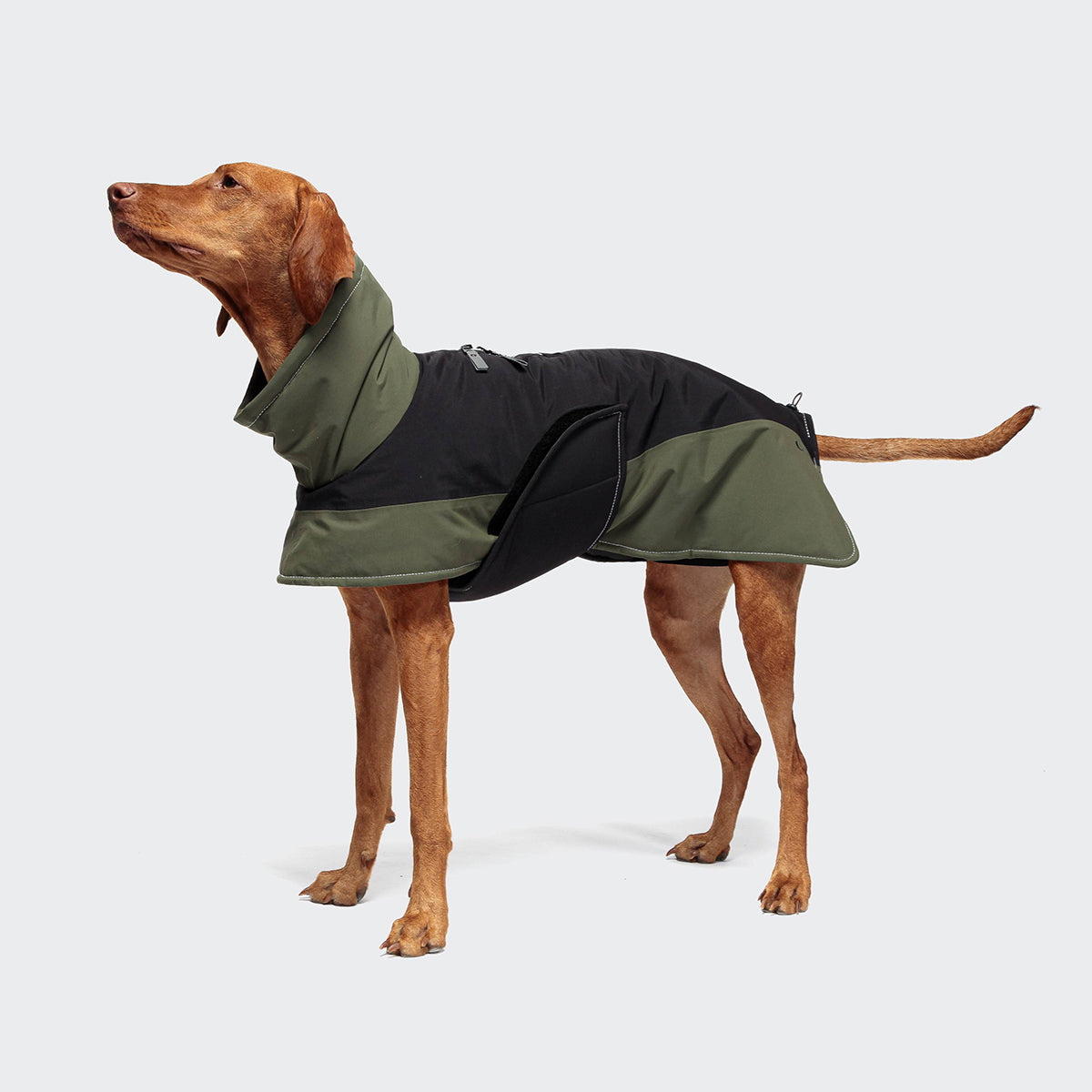
EVEREST
Particularly suitable for long winter adventures with a perfect fit thanks to elastic bands on the hind legs and attachment option for safety accessories. Suitable for extreme temperatures or long winter walks.
FOR DOGS WHO NEED A LITTLE PROTECTION FROM THE COLD
FOR DOGS WHO NEED A LITTLE PROTECTION FROM THE COLD (TERRIERS, BEAGLES, MALTESE, LONGHAIRED WHIPPETS, DOODLES, ETC.)
These double coated dogs can still tolerate the cold weather. However not for long periods of times and especially when they don’t have the opportunity to run and warm themselves up such as whilst commuting to the office or on leashed walks. We recommend our range of transitional weather dog coats:
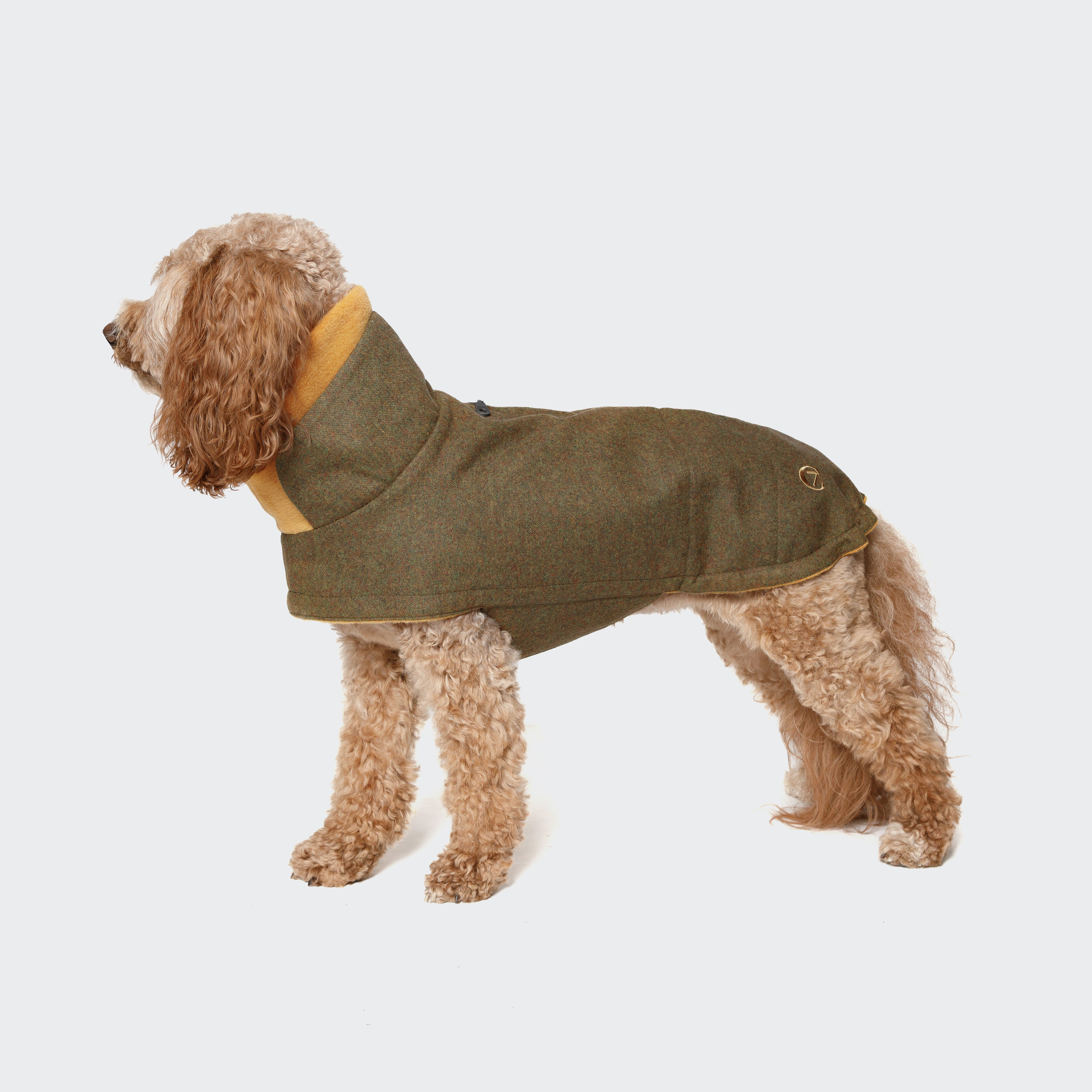
BROOKLYN FLANNEL
Our no.1 bestselling coat for its versatility in transitional and cold weather due to the Fleece inner lining.
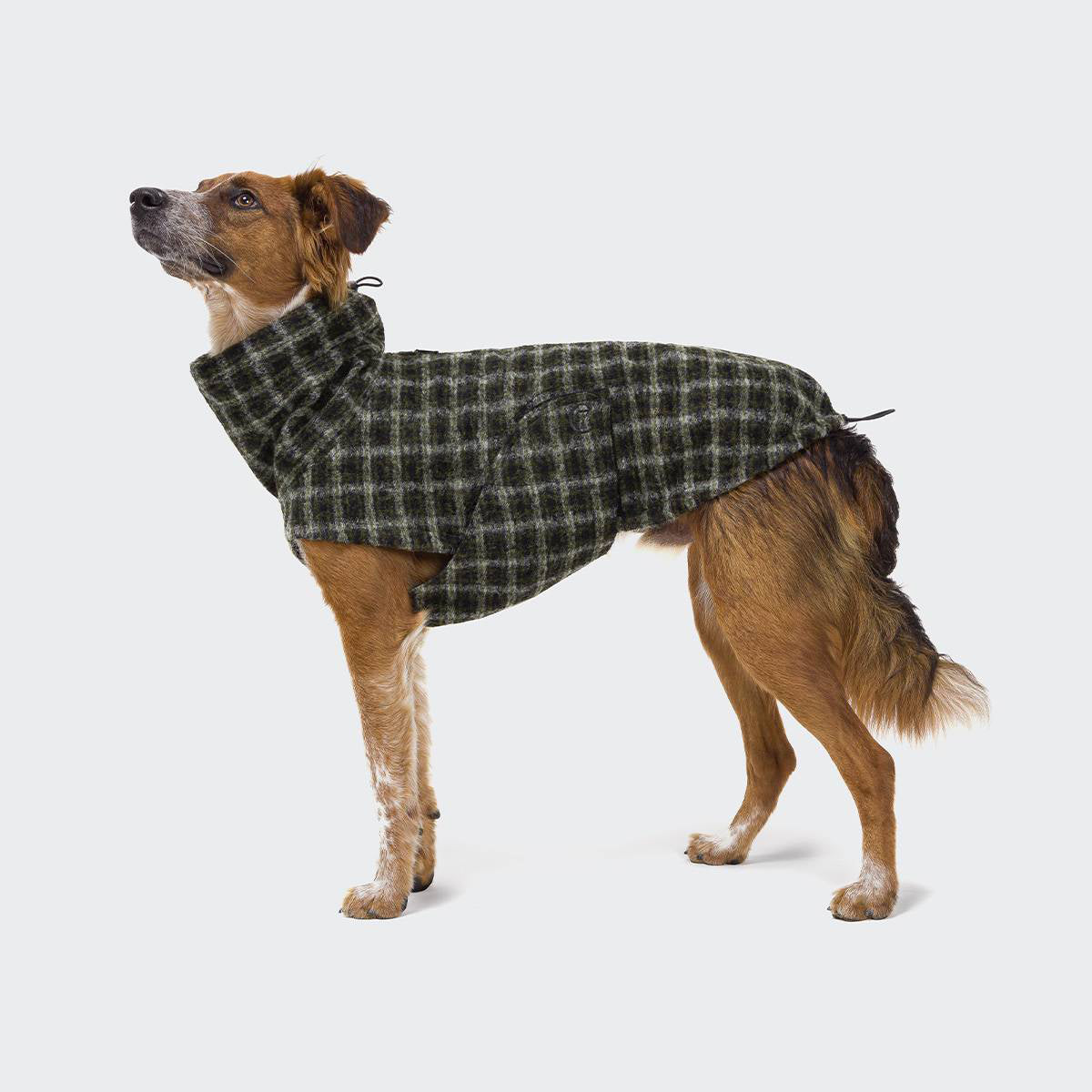
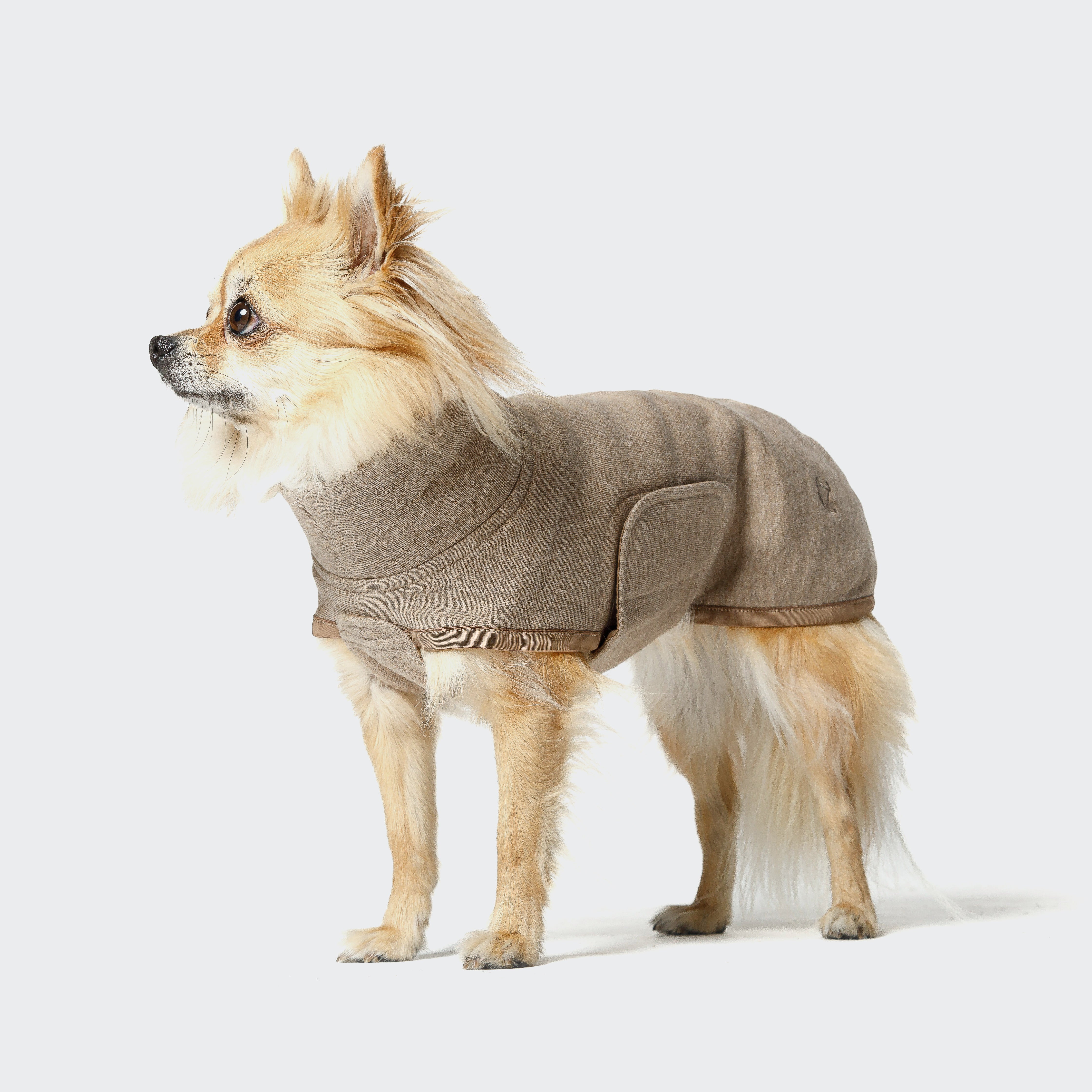
FOR DOGS WHO HAVE UNDERCOAT OR CAN TOLERATE COLD WEATHER WELL
FOR DOGS WHO HAVE UNDERCOAT OR CAN TOLERATE COLD WEATHER WELL (BORDER COLLIES, AUSTRALIAN SHEPHERD, HUSKIES, ETC.)
We recommend opting for thinner materials that will still protect them from gushes of wind and unexpected rain.
